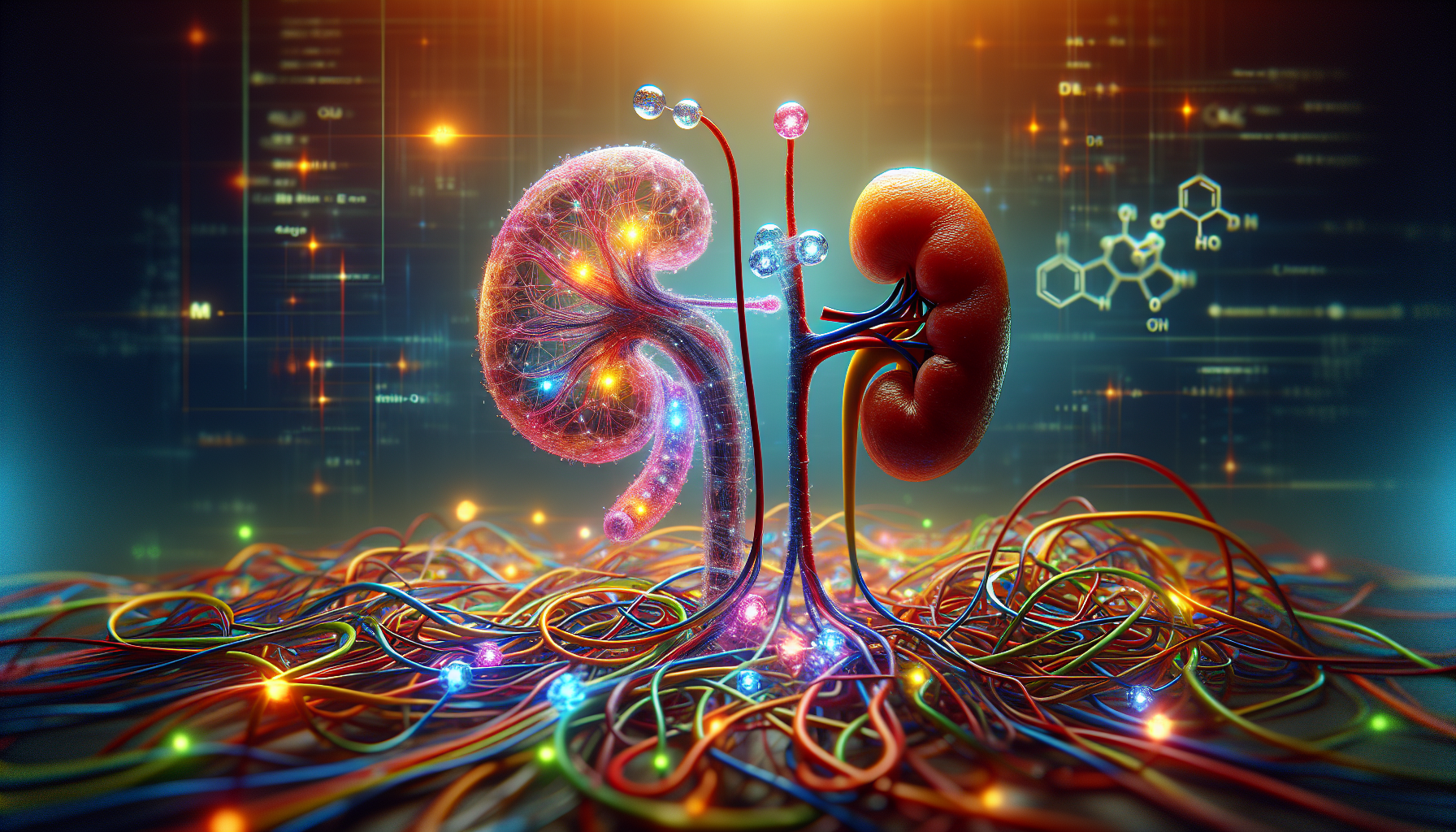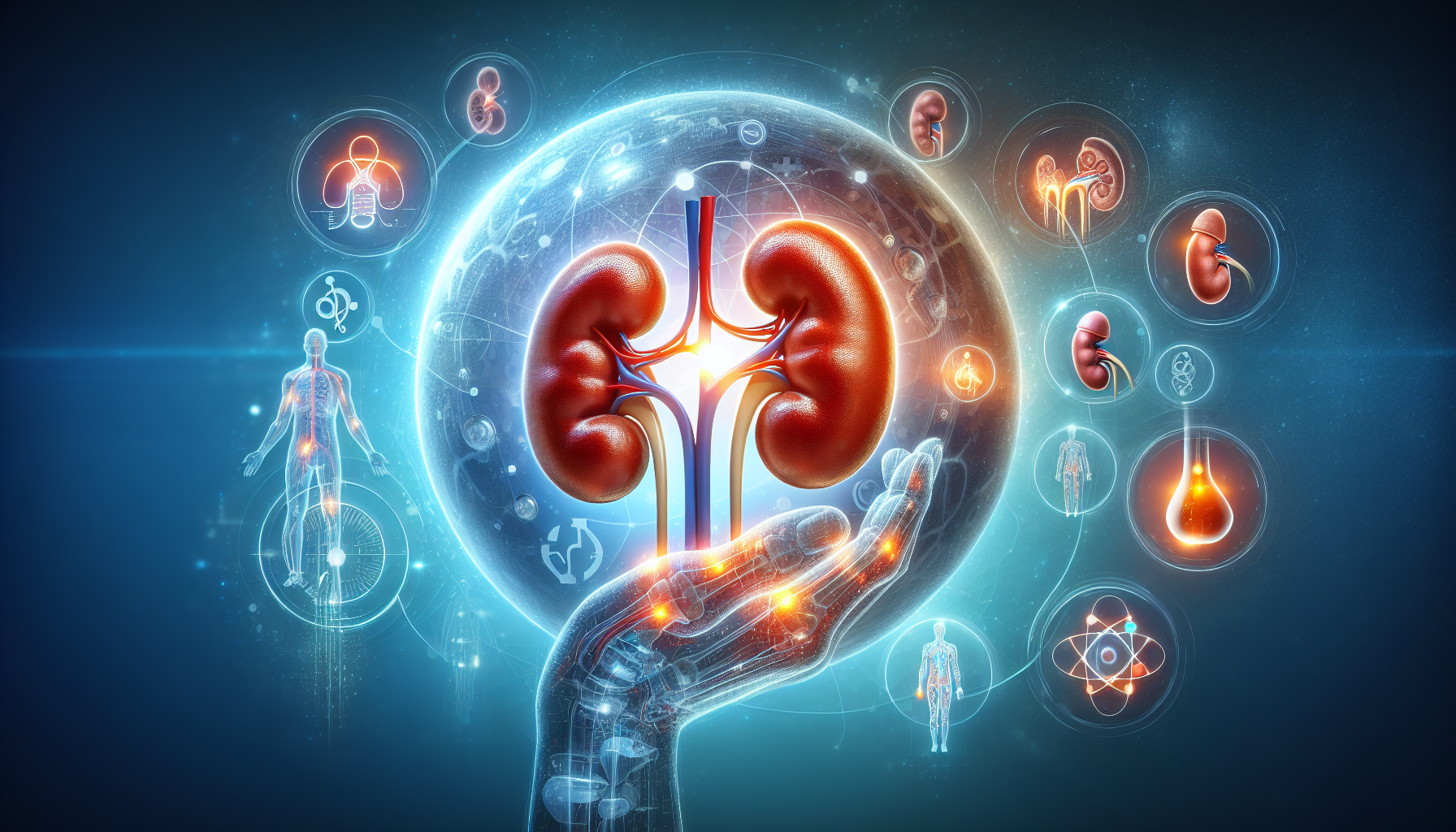Antidepressants Ineffective for Reducing Health Risks in CKD Patients
Key Takeaways
- Antidepressants did not reduce health risks in CKD patients with depression.
- Depression significantly impacts health outcomes in CKD patients.
- There is a need for alternative treatment options for depression in CKD patients.
Did You Know?
Overview of CKD and Depression
Chronic kidney disease (CKD) is a serious condition where the kidneys gradually lose their ability to filter waste from the blood. This condition can have various complications, one of which is depression. Depression is quite common in individuals with CKD, affecting their overall quality of life and health outcomes.
A recent study has investigated the impact of antidepressant medication on patients with CKD who also suffer from depression. The findings indicated that these medications did not effectively reduce the risks of hospitalization and mortality in these patients.
Study Details and Findings
A team of researchers analyzed data from the Chronic Renal Insufficiency Cohort (CRIC) study, which included 4,839 adults with CKD. They used the Beck Depression Inventory to measure depressive symptoms (DS) and reviewed medication records to identify the use of antidepressants.
According to the study, 27.4% of CKD patients had high levels of depressive symptoms at the beginning of the study. Alarmingly, only 31% of these patients were prescribed antidepressant medication. The results showed that elevated depressive symptoms were linked to a higher risk of cardiovascular events, hospitalizations, and death, regardless of whether the patients were taking antidepressants.
Implications of Antidepressant Use
The study revealed that patients with depressive symptoms who were on antidepressants had higher risks of hospitalization and all-cause mortality compared to those without depressive symptoms and not using antidepressants. This suggests that antidepressants did not alleviate the adverse health risks associated with depression in non-dialysis CKD patients.
These findings underscore the complexity of treating depression in individuals with chronic kidney disease. The exact reasons why antidepressants fail to reduce these risks remain unclear, and more research is needed to understand the underlying mechanisms.
Study Limitations and Considerations
The researchers noted several limitations in their study. One significant limitation was the inability to establish a cause-and-effect relationship between depressive symptoms, antidepressant use, and health outcomes. Additionally, the study could not account for nonpharmacological approaches to treating depression, such as therapy or lifestyle changes.
Furthermore, while the presence of antidepressants was identified, the study could not confirm the patients' adherence to the prescribed medication regimen. This factor might have influenced the results observed.
Future Directions
Given the lack of clear benefits from antidepressants in CKD patients with depression, there is a need to explore alternative treatment options. Nonpharmacological treatments, such as cognitive-behavioral therapy, exercise, and social support, could offer potential benefits without the risks associated with medication.
Further studies are required to establish more effective treatment protocols for depression in CKD patients. Understanding the interplay between CKD and depressive symptoms can help develop better strategies to improve the overall health outcomes of these individuals.
Conclusion
The study highlights the significant impact of depression on individuals with chronic kidney disease and questions the effectiveness of antidepressant medications in mitigating the associated health risks. As the medical community continues to seek better treatment options, it is essential to consider a holistic approach that includes both pharmacological and nonpharmacological methods.
Need for Comprehensive Care
Managing CKD and comorbid depression requires a comprehensive care plan involving nephrologists, psychologists, and other healthcare providers. Multi-disciplinary approaches can ensure that patients receive the most appropriate and effective treatments tailored to their specific needs.
Overall, this study serves as a critical reminder of the need to continually reassess and update treatment protocols to provide the best possible care for patients with chronic kidney disease and coexisting mental health conditions.
References
- Chronic Renal Insufficiency Cohort (CRIC) Studyhttps://www.cricstudy.org
- Beck Depression Inventoryhttps://www.apa.org/pi/about/publications/caregivers/practice-settings/assessment/tools/beck-depression
- Cognitive-Behavioral Therapyhttps://www.apa.org/ptsd-guideline/treatments/cognitive-behavioral-therapy
- Exercise and Mental Healthhttps://www.health.harvard.edu/staying-healthy/exercising-to-relax






